As part of our responsibilities as a national industry association the ARA takes great pride in addressing topics of interest for its members. Of the wide-ranging topics that the ARA has taken up, one continuously keeps coming back around and that is LPR.
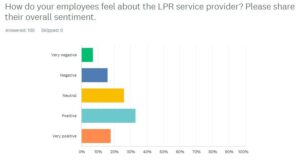
License Plate Recognition software plays an important role in the repossession industry. Love it or hate it this technology has grown and commands a significant part on how vehicles are repossessed every day. Many of ARA’s members have implemented an LPR strategy into their business models and rely heavily on that tool for their success.
As more of ARA’s members adopt an LPR strategy and more competition of providers enter the market, this presented the ARA an opportunity to survey the membership about this very topic.
See the results of that survey here

Overall, the answers to the multiple-choice questions were even handed regarding the quality of service and quality of the technology overall. No real surprises came from this section with one exception.
Question #10 asked are you considering switching to another LPR service provider? To my surprise more than 52% of the respondents answered “Yes/unsure” to that question. So, with more than half of the folks saying they are at least considering a move we needed to look deeper into the information being provided and that lead us to the written portion of the survey.
What the ARA saw from this written portion of this survey was an overall dissatisfaction regarding a contract provision that prohibits an Agent to move to another platform for an extended period in order engage in competition. Competition is healthy in all facets of a free market and allows for better products to be created and better service to be provided to customers. LPR is no different.
So, let me ask a question, if an Agent decides to make a capital investment by purchasing hardware and make the financial risk involved with that decision why is that Agent then compounding that risk with another one that prohibits moving on to another platform? It seems in this transaction the agent holds all the risk and investment without any ability to pivot should it so desire. That alone is unfair and prohibits fair competition, but admittedly we are only seeing one side of this argument and there might be a logical explanation for this provision.
Overall, we saw agency owners were generally satisfied with the technology and customer service provided. But this in stark contrast to their issues with their relationship and communication provided. Judging by much of the contents, there is a possible correlation to their larger desire to change providers. Being locked in their contracts appears to be creating discontent. Having transparency in this process would go a long way.
For now, the ARA is reporting the results of the survey and those results clearly show we need to have more conversations on LPR. We look forward to those conversations and opportunities to bring LPR platforms and the membership together in the near future.

Very truly yours,
Vaughn Clemmons
President
American Recovery Association




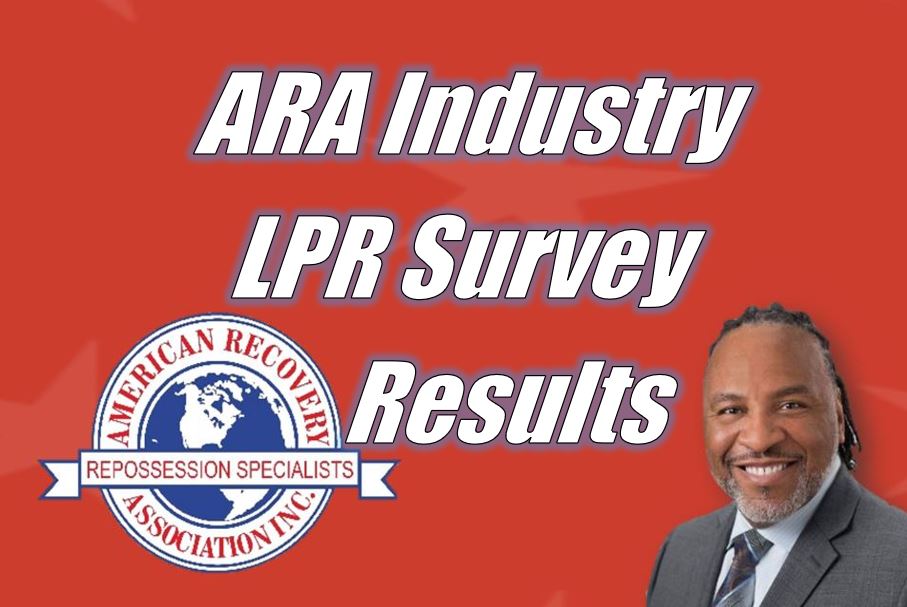
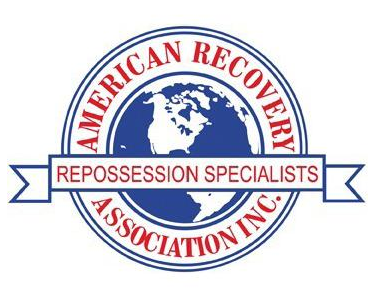
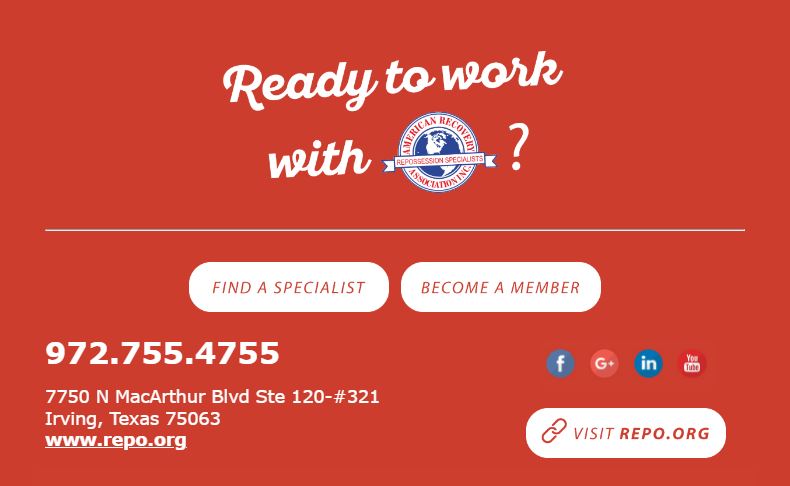


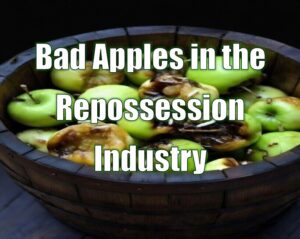

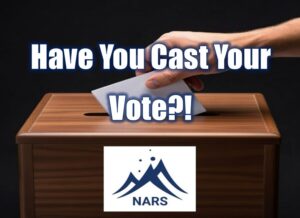

More Stories
Repo Agent Wrestles Shotgun from Borrower
Breaking the Routine – Finding the Sweet Spot in Weekend Recoveries
Have You Cast Your Vote?!
Repo Rampage in Rural Texas
ARA Served Letter of Inquiry by Senator Warren
Resolvion Announces Appointment of Ronald Eubanks as Executive Vice President of Client Strategy